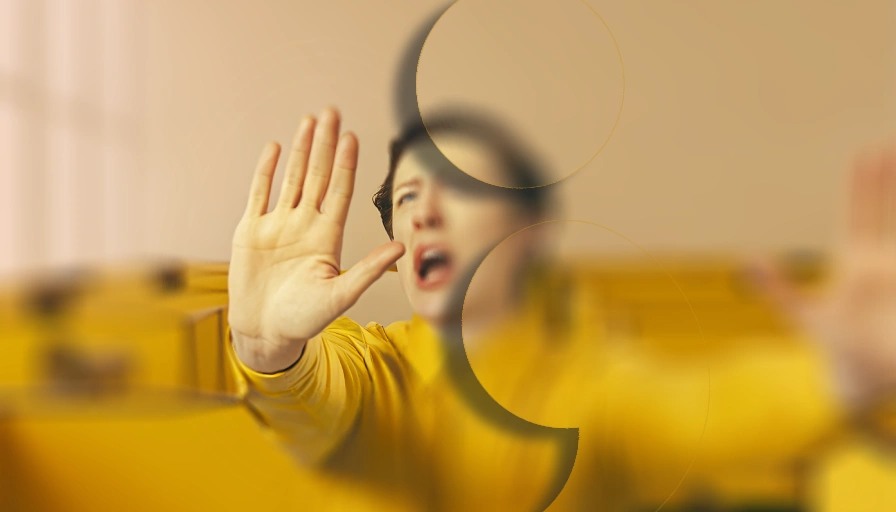¿Qué tienen en común el tercer lunes de enero y el 13 de enero?
Ambas fechas están relacionadas con la depresión, un trastorno mental que afecta a millones de personas en el mundo y que se caracteriza por una profunda tristeza, pérdida de interés, falta de autoestima y otros síntomas que dificultan el funcionamiento normal de la vida.
El 13 de enero se conmemoró el Día Mundial de la Lucha contra la Depresión, una iniciativa que busca concienciar sobre esta enfermedad, prevenir su aparición, promover su diagnóstico, tratamiento adecuados y apoyar a las personas que la padecen y a sus familias. Según la Organización Mundial de la Salud (OMS), La depresión es un trastorno mental común. Se estima que aproximadamente 300 millones de personas en todo el mundo padecen depresión.
Por otra parte, el tercer lunes de enero, se ha popularizado como el Blue Monday, el día más triste del año. Esta idea se basa en una fórmula pseudocientífica que tiene en cuenta factores como el clima, las deudas acumuladas, el tiempo transcurrido desde la Navidad, la motivación y otros elementos. Sin embargo, esta teoría no tiene ningún fundamento científico y ha sido ampliamente criticada por los expertos, que la consideran una estrategia de marketing que puede banalizar la depresión y generar falsas expectativas.
La realidad es que la depresión no tiene un día específico, sino que puede aparecer en cualquier momento y por diversas causas, tanto biológicas como psicológicas o sociales. Además, la depresión no es lo mismo que la tristeza, que es una emoción normal y pasajera que todos experimentamos ante situaciones difíciles o dolorosas. La depresión, en cambio, es una enfermedad que requiere atención profesional y que puede tener graves consecuencias para la salud y la calidad de vida de las personas que la sufren.

Es importante no confundir el Blue Monday con el Día Mundial de la Lucha contra la Depresión, ni dejarse llevar por el pesimismo o el consumismo que se asocian a esta fecha.
Lo que realmente importa es cuidar nuestra salud mental, buscar ayuda si nos sentimos deprimidos o angustiados, y ofrecer nuestro apoyo y comprensión a las personas que atraviesan por esta situación. Solo así podremos hacer frente a la depresión, una enfermedad que no entiende de calendarios ni de colores.







